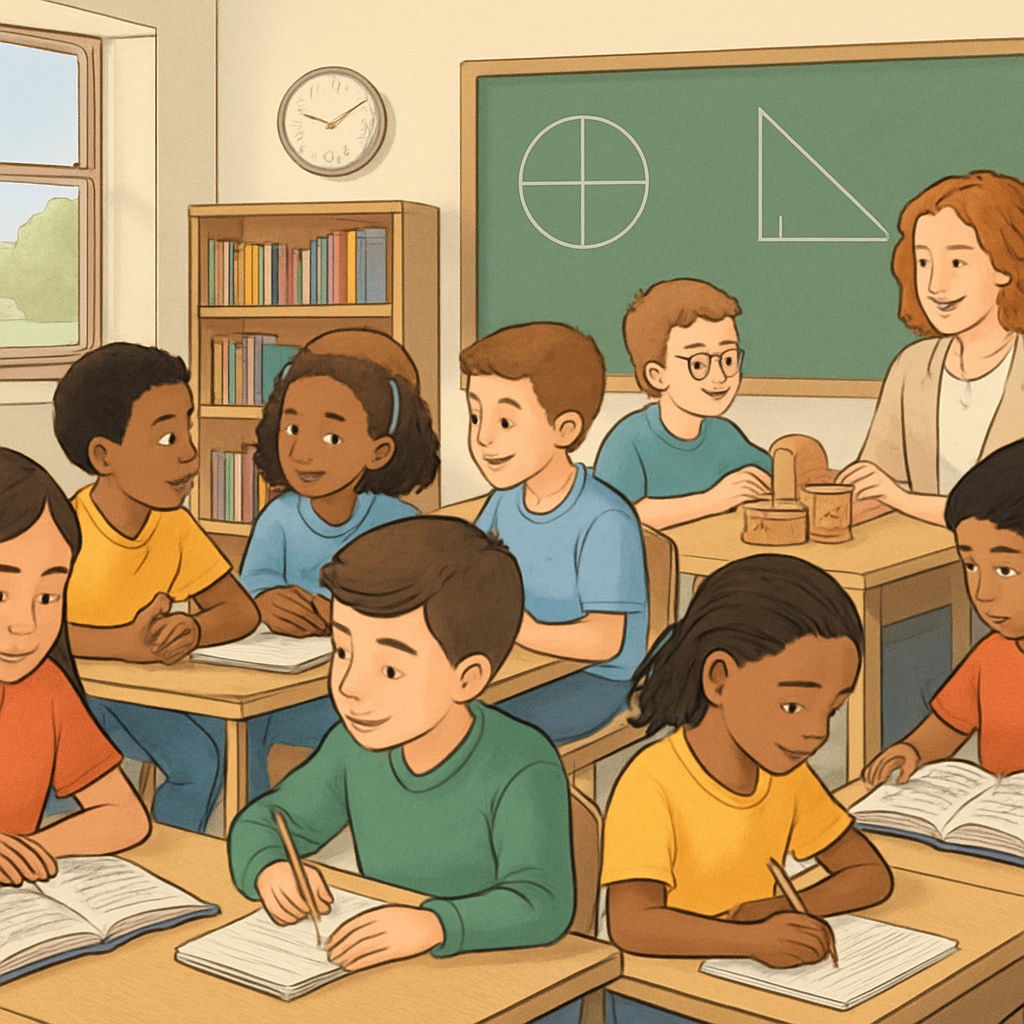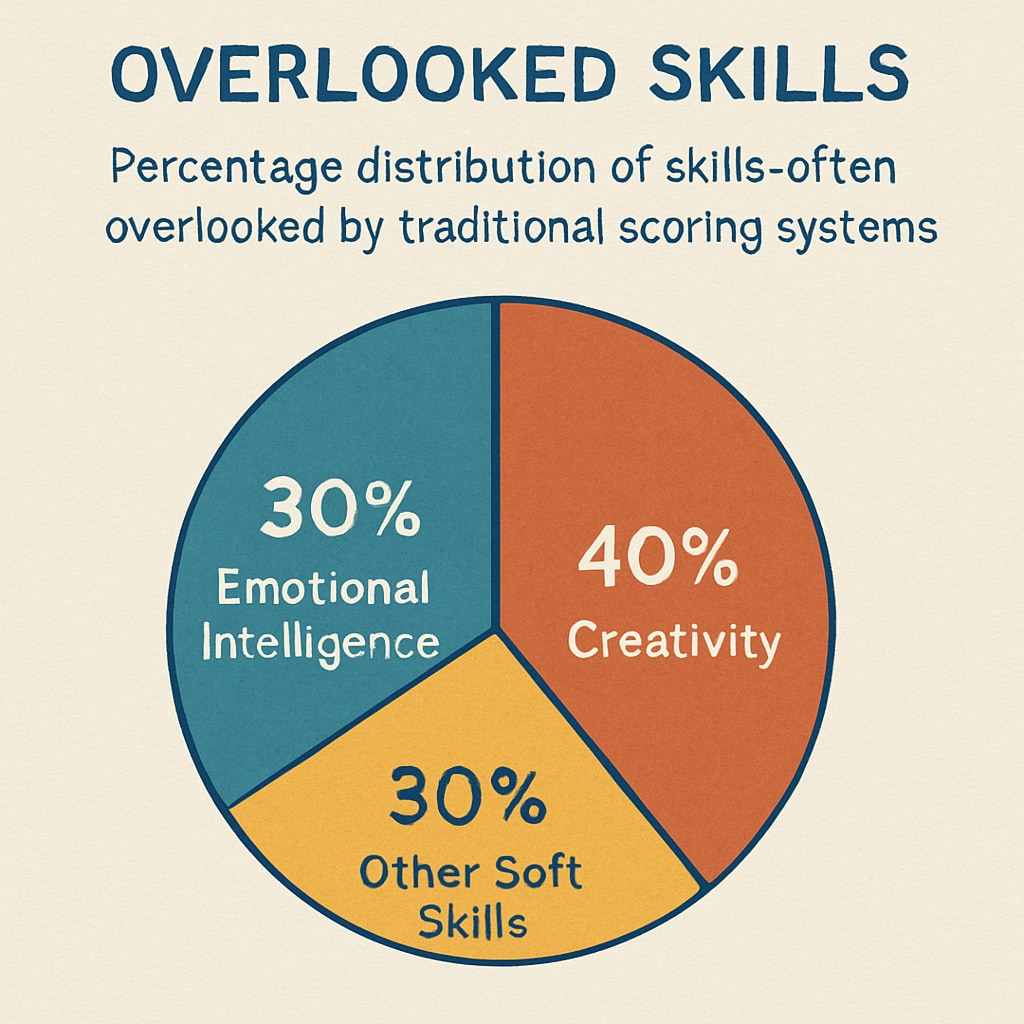The traditional scoring system, with its emphasis on exam results, has long been a dominant force shaping K12 education. While it provides a standardized method to measure performance, it inadvertently undermines the essence of education quality and restricts holistic development. This over-reliance on scores as the sole indicator of success calls for immediate education reform to foster fairness and inclusivity in evaluation.

The Limitations of Traditional Scoring Systems
Scoring systems have become synonymous with student achievement, yet they present significant challenges. For example, they often neglect critical skills like creativity, emotional intelligence, and collaboration. Furthermore, the pressure to achieve high scores can lead to unhealthy stress levels among students, negatively impacting their overall well-being.
In addition, traditional scoring systems fail to account for diverse learning styles and individual differences. A student excelling in arts or social skills may be penalized simply because their strengths do not align with standardized testing criteria. As a result, the system risks labeling talented students as “underachievers.”
- Neglect of soft skills and emotional intelligence
- High stress levels due to score-focused culture
- Inadequate recognition of diverse talents
For a deeper understanding of education systems and their impact, explore Education on Britannica.

Innovative Approaches to Education Evaluation
To address these issues, a shift toward holistic evaluation methods is essential. Countries like Finland have pioneered such systems, focusing on student well-being, creativity, and project-based learning rather than solely standardized tests. These methods emphasize practical knowledge and real-world application, providing a broader understanding of student capabilities.
Innovative evaluation strategies include:
- Portfolio-based assessments to showcase diverse talents
- Peer and self-assessments to foster critical thinking
- Project-based learning evaluations for real-world skills
Additionally, educators should consider integrating formative assessments, which provide continuous feedback throughout a course. This approach helps students improve progressively, rather than being judged by a single high-stakes test.
For more on Finland’s education system, visit Education in Finland on Wikipedia.
Collaborative Efforts for Education Reform
Achieving meaningful change requires collaboration among educators, policymakers, and parents. Educators must advocate for diverse evaluation methods, while policymakers should invest in training programs to help teachers implement these systems effectively. Parents, too, play a vital role by supporting reforms that prioritize their children’s overall development rather than just academic scores.
Furthermore, technology can serve as a valuable tool in this transformation. Advanced platforms enable personalized assessments tailored to individual learning styles, making evaluations more inclusive and adaptable.
By embracing these reforms, we can create an education system that equips students for life, not merely exams.
Readability guidance: This article features short paragraphs, lists to summarize key points, and transitions like “for example” and “as a result” to ensure smooth flow. Passive voice is minimized, and sentence length adheres to readability standards.


